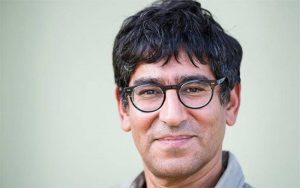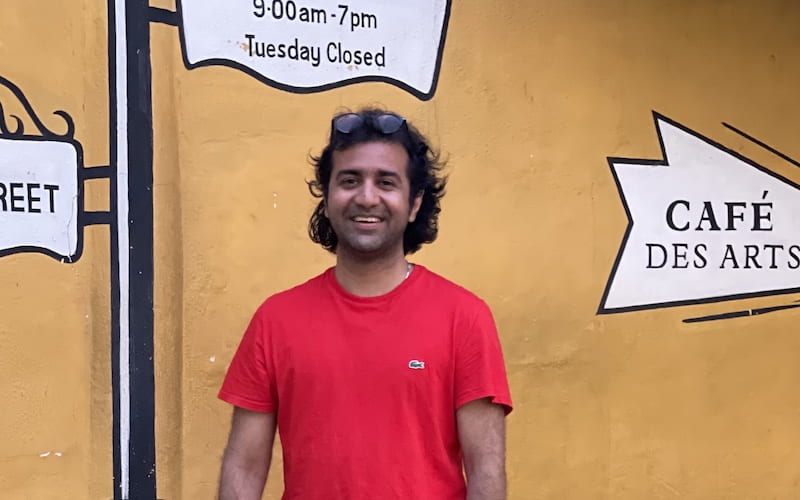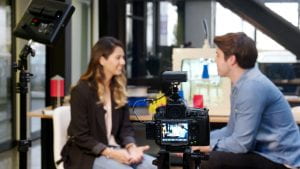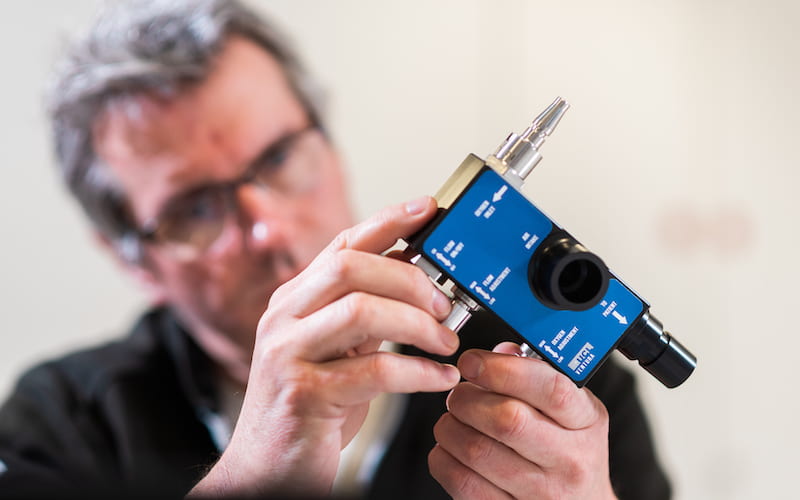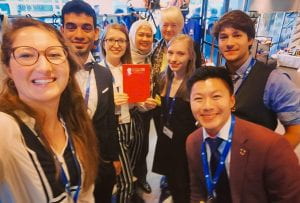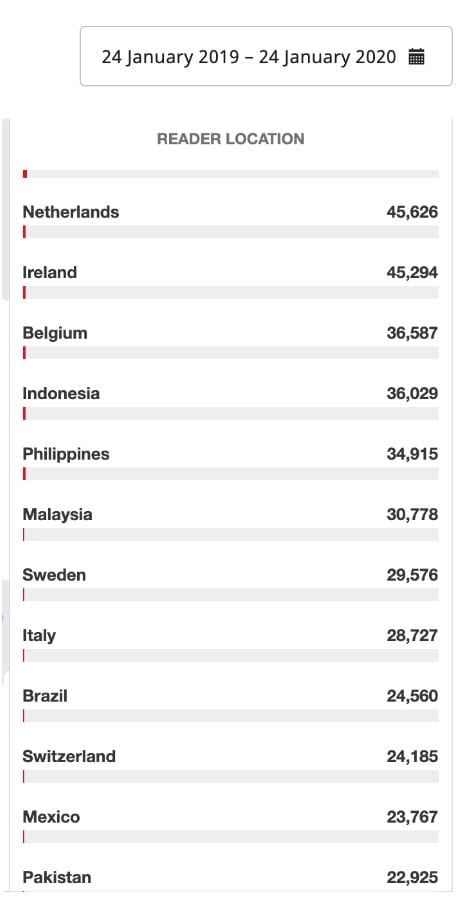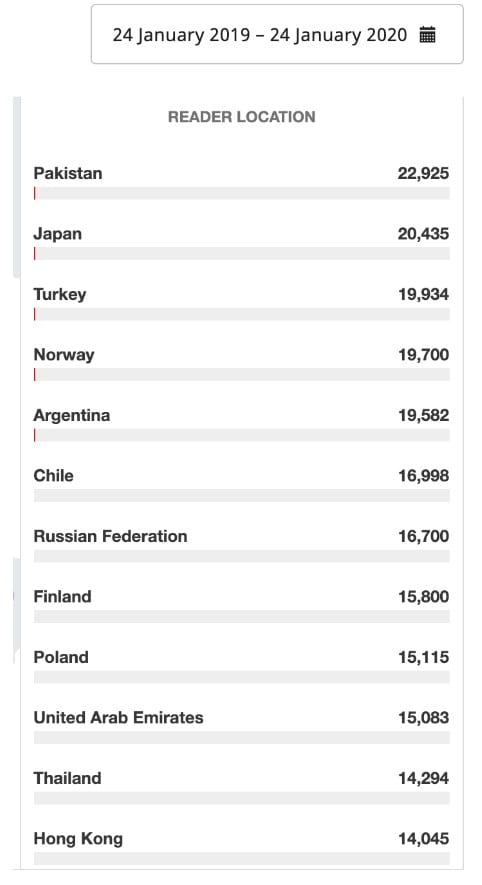The role and value of joint seed funds in research collaboration
By Guest Blogger, on 1 July 2022
Contributors: Komal Bhatia, Dr Amit Khandelwal, Marilyn Aviles, Dr Ian Scott and Professor Monica Lakhanpaul
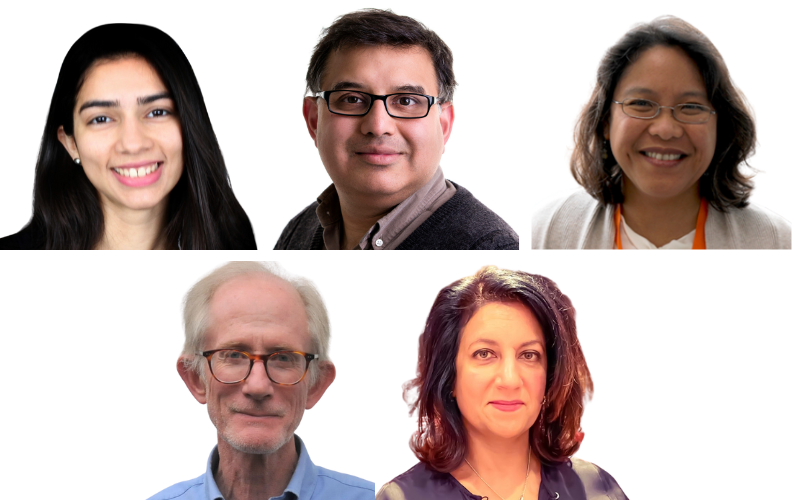 Global research culture celebrates creativity, knowledge exchange, and innovation – all underpinned by collaboration. The modern academy employs its sharp tools to find new solutions to old problems and provide historicised perspectives on contemporary phenomena. Some ideas can set society on the path to more sustainable and equitable development, while others fall short of the promise they first held. And so, the circle of (research) life continues.
Global research culture celebrates creativity, knowledge exchange, and innovation – all underpinned by collaboration. The modern academy employs its sharp tools to find new solutions to old problems and provide historicised perspectives on contemporary phenomena. Some ideas can set society on the path to more sustainable and equitable development, while others fall short of the promise they first held. And so, the circle of (research) life continues.
So here is a question (asked many times) in academia: What’s the best way to create an environment in which brilliant research can flourish and provide benefits for society at large?
Well, we don’t know what the best method is, but we do know of a really good one: joint seed funds.
Joint seed funds
These are a research funding mechanism in which two (or more) organisations pool financial and institutional resources to enable their researchers to work together.
Unlike large multi-million-pound consortia with an established track record of collaboration between organisations, researchers who apply for joint seed funds are looking for small pots of money for a team with little history of collaboration but lots of potential. A fundamental pillar is an innate desire to build relationships that will be equitable, bi-directional and ideally longer-term – positioned to advance knowledge and solve challenges local and worldwide
UCL has deployed such seed funds across the world with specific partners. For example, in India our current joint research seed partners include AIIMS, IIT-D, IISc and IIT Madras. Both parties contribute an equal amount of money (recognising the equal partnership between both institutions) which goes to the researchers in their respective institutes who submit competitively assessed proposals, ensuring that the project (i) is split evenly between researchers and (ii) draws on joint and complementary expertise in both institutions. UCL are currently exploring whether joint seed funds can be expanded to include multiple partner institutions or even possibly in another continent.
As members of the UCL panel that reviewed applications for Joint Seed Funds 2021-22 to foster collaboration between researchers in the UK and India, we read, discussed, and scored dozens of proposals. We have learnt a few things about why such funding mechanisms matter, what makes an application stand out, and who can benefit from joint seed funds.
Making a difference – why joint research seed funds matter
Key message: Big, strategic research partnerships have a better chance of succeeding if there is a solid history of collaboration supported by small pots of seed funding.
There are many reasons why joint research seed funds can help UCL researchers to engage with their overseas counterpart not only because big, strategic research partnerships have a better chance of succeeding if there is a solid history of collaboration supported by small pots of seed funding, but also to use research to benefit civic society and the environment, and to expanding the international footprint of collaborations. Some of these are discussed below.
1. Anchoring institutional partnerships and building trust
Joint seed funds can help embed large collaborative programmes of research in strong teams and solid partnerships. Participating organisations can benefit from a history of smaller projects which demonstrate impact and successful completion across multiple areas of research and departments. A series of joint seed funding schemes can help build relationships and trust between researchers as well as institutions.
2. Lever to promote interdisciplinary research and public engagement
By requiring applicants to demonstrate interdisciplinary thinking and collaboration and outlining clear public engagement activities, UCL’s joint seed funding schemes promote researchers who already value these ways of working and encouraging others to really think through how interdisciplinarity can benefit their research and what they can do to involve participants, patients and the public (civic society) in the research process.
It can be difficult to launch into these practices in large research programmes, so small seed grants can be an excellent method to nudge researchers into thinking across disciplines and producing outputs for lay audiences.
3. Agile mechanism for equitable collaboration
The joint funding model has an in-built equity feature to ensure that collaborating institutions have an equal stake in each project. Small grant schemes can also enable more equitable collaboration if they specifically encourage and commend applications from groups which are gender-equal, promote the career development of early career researchers, and involve mutual learning and demonstrably equal power-sharing between the so-called developed and developing world.
4. Reputation and Image through impact
Seed funds offer a good opportunity to embed researchers’ international footprint and market their expertise. In turn this could have a longer-term benefit of enhancing their reputation not only within UCL and partner institutions, but also externally, for example, in support of strengthening bilateral engagement between the UK and India. In fact, multilateral organisations such as the World Bank, Asian Development Bank and World Health Organisation are more willing to connect with researchers who are culturally adaptive, sensitive and reflective.
Why joint seed funds matter for you
Key message: Large grants can seem like the obvious solution to the most urgent research questions, but innovative research often needs modest amounts of money to get started. Seed funds are small but mighty.
If you are a research student…
Small, collaborative grants are a fantastic way to gain early experience in grant management, research governance, team building and publication, as well as to practices those core research skills. You can get involved in small projects led by your supervisors or colleagues, or if eligible, lead one of your own.
If you are an early career researcher…
Seed funds can be a steppingstone to bigger grants by helping you build a track record of funding success, find new collaborators, and most importantly, enabling you to conduct preliminary or formative work that can feed into applications for individual research fellowships or early career development schemes. If you’ve been looking for something to kickstart your journey towards independence, consider applying for a seed grant.
If you are on the review panel…
Enjoy the experience of learning more about the ideas of other researchers and the perspectives of other panellists. While you will almost certainly enjoy the power you hold over the future research plans of applicants, remember that seeing how others write and structure their proposals may also help you in your own work. Joining the review panel for small grants can be a useful way for early career researchers to gain some experience in assessing and scoring proposals, and bring a fresh perspective to the scheme’s priorities, so look out for the junior panellist who is keen to learn and keen to impress!
If you are a principal investigator…
Consider applying for one yourself, especially if you have a nascent idea that needs just that little bit more impetus to grow before it can take shape as a larger grant application. Seed grants can be useful at any career stage. If you are interested in supporting less experienced colleagues, encourage them to put forward an application and provide them with constructive feedback on their ideas and offer guidance throughout the process. Seed grants provide a structured mechanism to practice mentoring skills, and to encourage leadership training within your team.
If you are leading a department or institution…
There are many ways in which joint seed funds can help deliver your institutional strategy and research priorities. It allows your organisation to test emerging partnerships through small, impact-focused projects before investing in facilities and support for long-term, large-scale research programmes. Joint seed funds are also an excellent way to focus on priorities that require targeted work or a very visible commitment to wider institutional goals.
Conclusion
Joint research seed funds, even if the sum of monies offered is small in comparison to large multimillion pound grants, help to facilitate research internationally. They have a catalytic role in building relationships between the principal investigators and their teams, helping to enhance researchers’ expertise and the reputation of the institutions involved.
Crucially, they can also be a conduit to engage in citizen science, working with local communities or simply focusing on global research challenges.
The upshot is that joint seed funds can support your academic vision and hunger through research, knowledge exchange and transfer as well as develop the skills of the next generation of students in an increasingly globalised world.
See all UCL Research, Innovation & Global Engagement seed funding opportunities here.
 Close
Close


